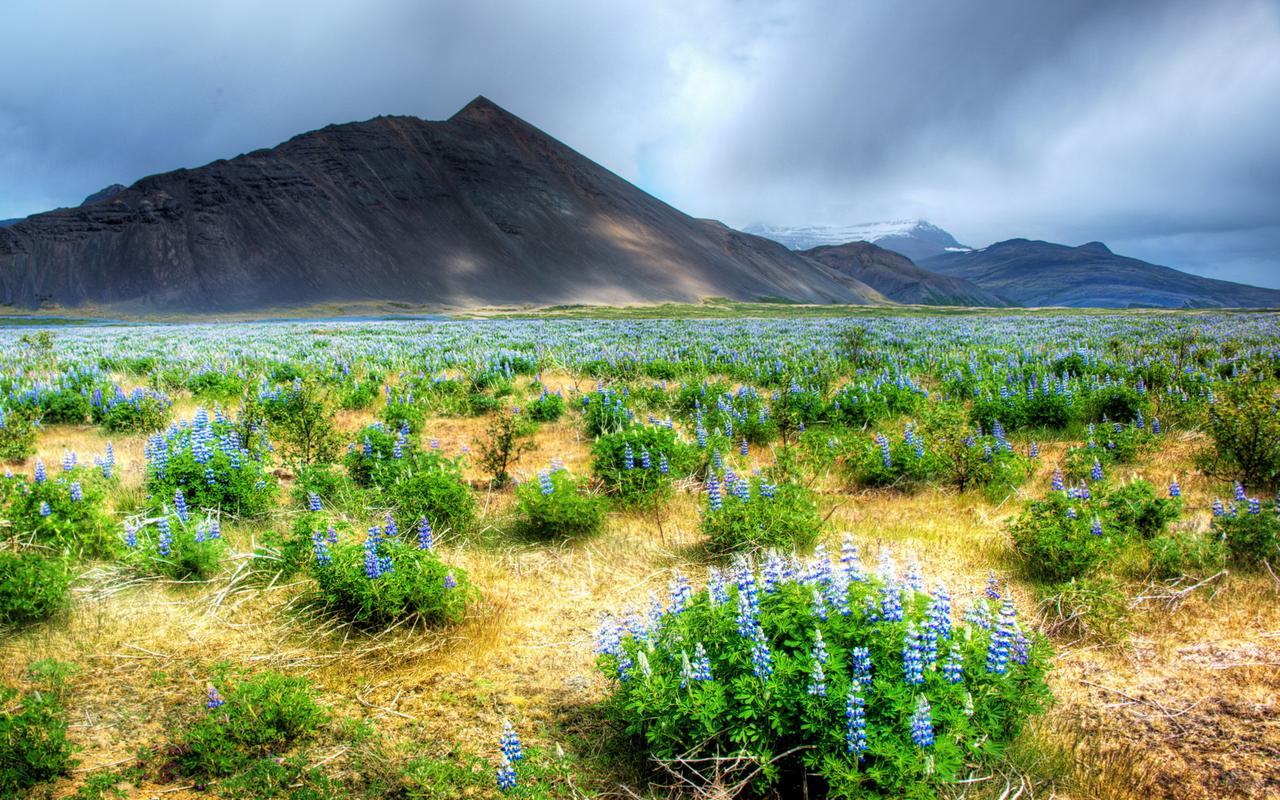The Costa Rican cultural traditions are as diverse and vibrant as the country itself. Nestled in the heart of Central America, Costa Rica is home to a rich tapestry of cultural influences from indigenous populations, Spanish conquistadors, and African slaves. This mix of cultures has contributed to the country’s unique identity and a range of vibrant and colorful traditions that are worth exploring.
One of the most prominent cultural traditions in Costa Rica is its music and dance. From the traditional marimba music to the Cumbia and salsa, Costa Rican music is a lively reflection of the country’s history and people. The marimba, a percussion instrument indigenous to Central America, is a staple in most Costa Rican music and is commonly played during celebratory occasions such as weddings and birthdays.
Similarly, Costa Rican dance is a reflection of the country’s diverse cultures and backgrounds. The national dance of Costa Rica is the Punto Guanacasteco, a lively and energetic dance performed in the Guanacaste province to celebrate the bullfighting culture. Other popular dances in Costa Rica include the Merengue, Salsa, and Cumbia, all of which combine traditional African and Spanish rhythms with Costa Rican elements.
Another unique cultural tradition in Costa Rica is its cuisine. Influenced by the indigenous, Spanish, and African cultures, Costa Rican’s cuisine stands out for its diversity and use of fresh ingredients. The staple dish in Costa Rican cuisine is Gallo Pinto, which is a mix of rice, beans, and spices commonly served for breakfast. Other traditional dishes include casados, ceviche, and hearty stews made with locally sourced meats and vegetables.
Costa Rican’s cultural traditions are also reflected in its art and craft. Made by local artisans, Costa Rican crafts such as Guaitil pottery and Boruca masks are characterized by their vibrant colors, intricate designs, and sturdy materials. These crafts are not just beautiful but also tell the story of the country’s indigenous roots and a range of cultural influences.
In conclusion, Costa Rican cultural traditions are a reflection of the country’s diverse history and people. From its lively music and dance to delicious cuisine, and intricate art and craft, the country encapsulates a vibrant mix of cultures that are worth exploring. Costa Rica’s cultural traditions are a testament to the country’s rich history and a celebration of its people, and visitors are sure to find themselves enchanted by their colorful and lively traditions.
(Note: Do you have knowledge or insights to share? Unlock new opportunities and expand your reach by joining our authors team. Click Registration to join us and share your expertise with our readers.)
Speech tips:
Please note that any statements involving politics will not be approved.
